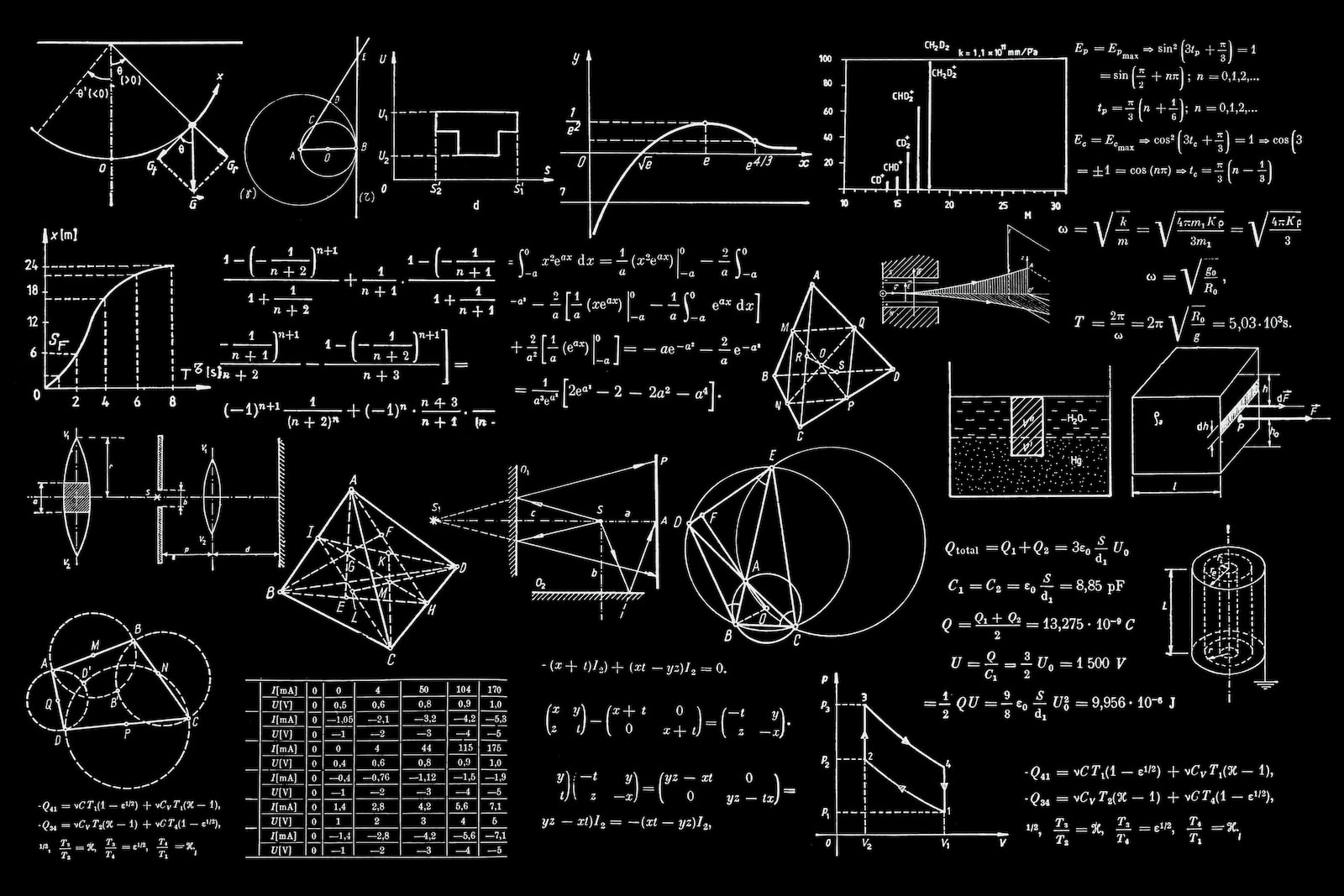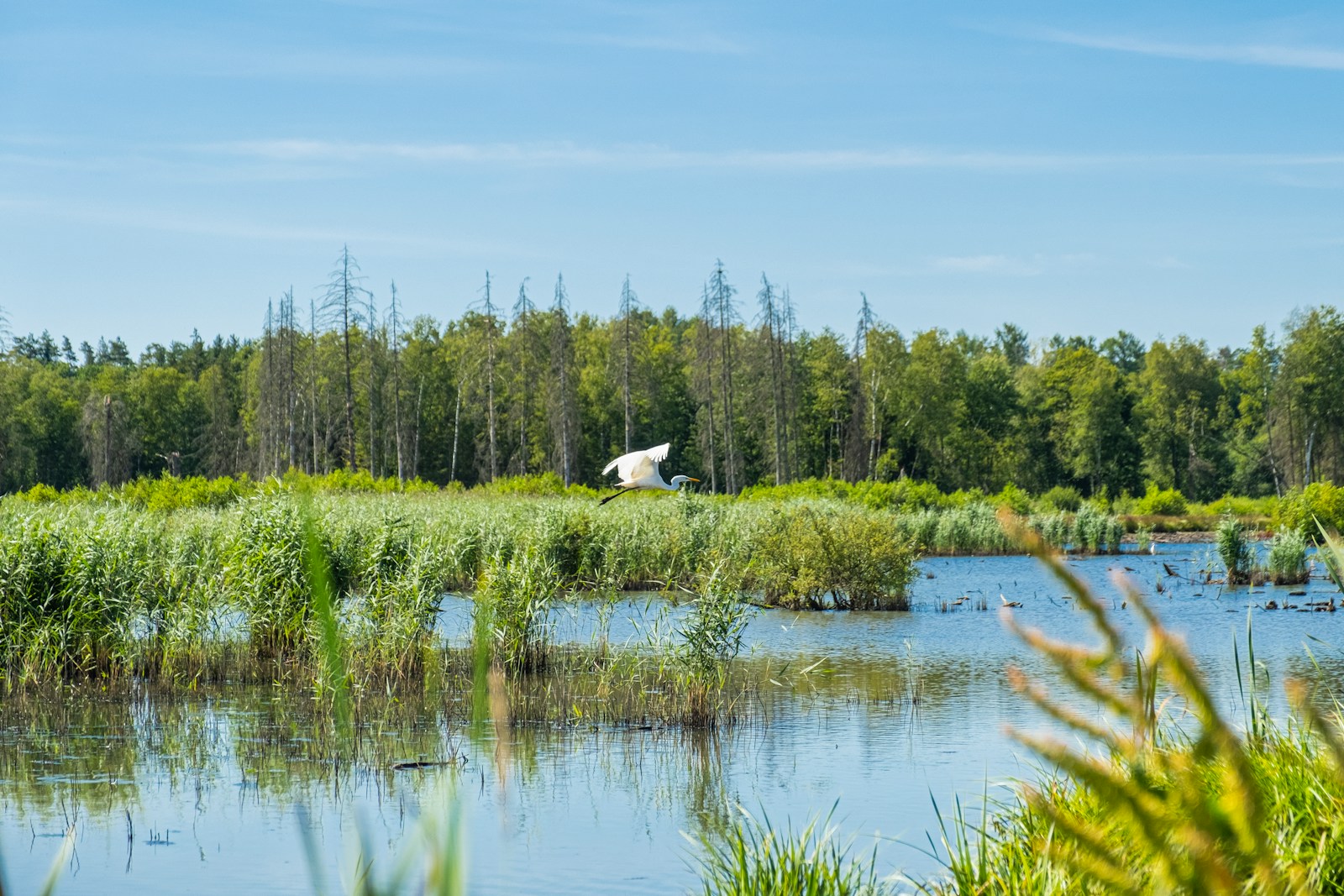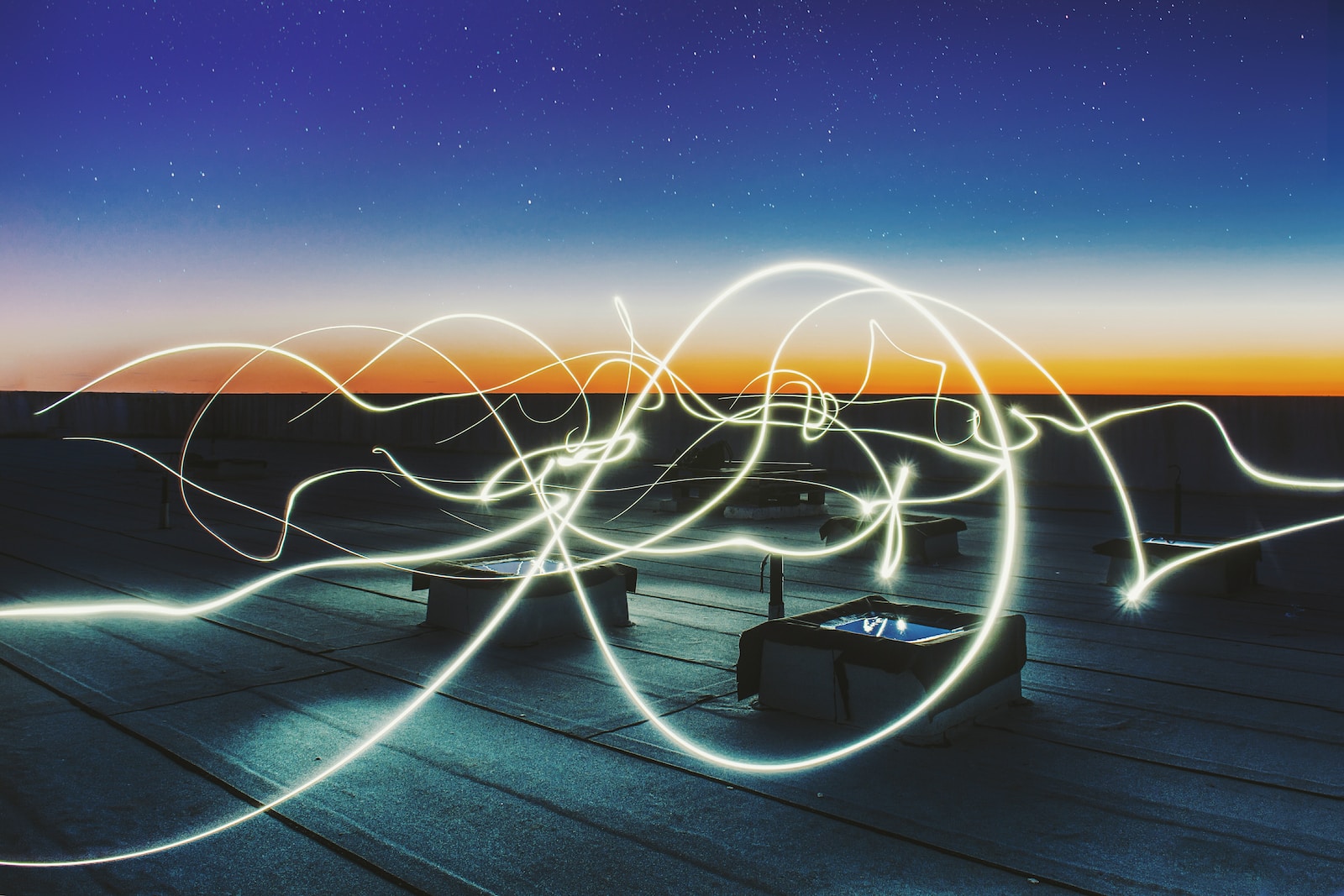Macroeconomic analysis
Modern economics is characterized by a strong focus on quantitative methods. Studies examining the effects of structural and/or cyclical disturbances largely rely on complex general equilibrium models, which map the interactions of economic agents and the transmission mechanisms of economic shocks. This enables the analysis of economic development at the macroeconomic, regional, and sectoral levels.

A key focus of the research area Macroeconomic Analysis lies in the application and further development of the institute’s in-house Computable General Equilibrium (CGE) model. A CGE model is an analytical tool that links a system of mathematical equations with empirical data based on economic assumptions regarding the behavior of economic agents, i.e., households, government, firms, and the foreign sector. With the help of this model, the effects of economic shocks on key macroeconomic variables such as economic growth and inflation can be quantified. In addition, the model allows for sector-specific analyses, for example, concerning the change in industrial production and employment. The studies produced using the HWWI’s CGE model go beyond macroeconomic scenarios and cover a wide range of topics, including energy economics, environmental economics and foreign trade policy.
Furthermore, the research area is engaged in the derivation and further development of advanced macroeconomic models and their evaluation using state-of-the-art econometric methods. A special emphasis is placed on the class of Dynamic Stochastic General Equilibrium (DSGE) models, taking into account different assumptions about the expectation formation of economic agents. The research area Macroeconomic Analysis thus applies the latest findings and methods of quantitative economics in its scientific advisory work.
Employees
Publications

Projects

Resilient Investment for Sustainable Environments
Introducing RISE-IN – a collaborative international project for resilient investment for sustainable environments, focusing on a new approach to climate adaptation. The RISE-IN consortium unites 26 partners across 13 countries, bringing together universities, local authorities, industry, small/medium enterprises, non-governmental organisations, and climate networks. Over five years (2025-2030), this consortium will…

The Northern German Living Lab
The Northern German Living Lab (NRL) aims to demonstrate new paths to climate neutrality: The cross-state collaborative project aims to test the holistic transformation of the energy system and thus demonstrate the path to a rapid defossilization of all consumption sectors. Behind the Northern German Living Lab is a strong…


